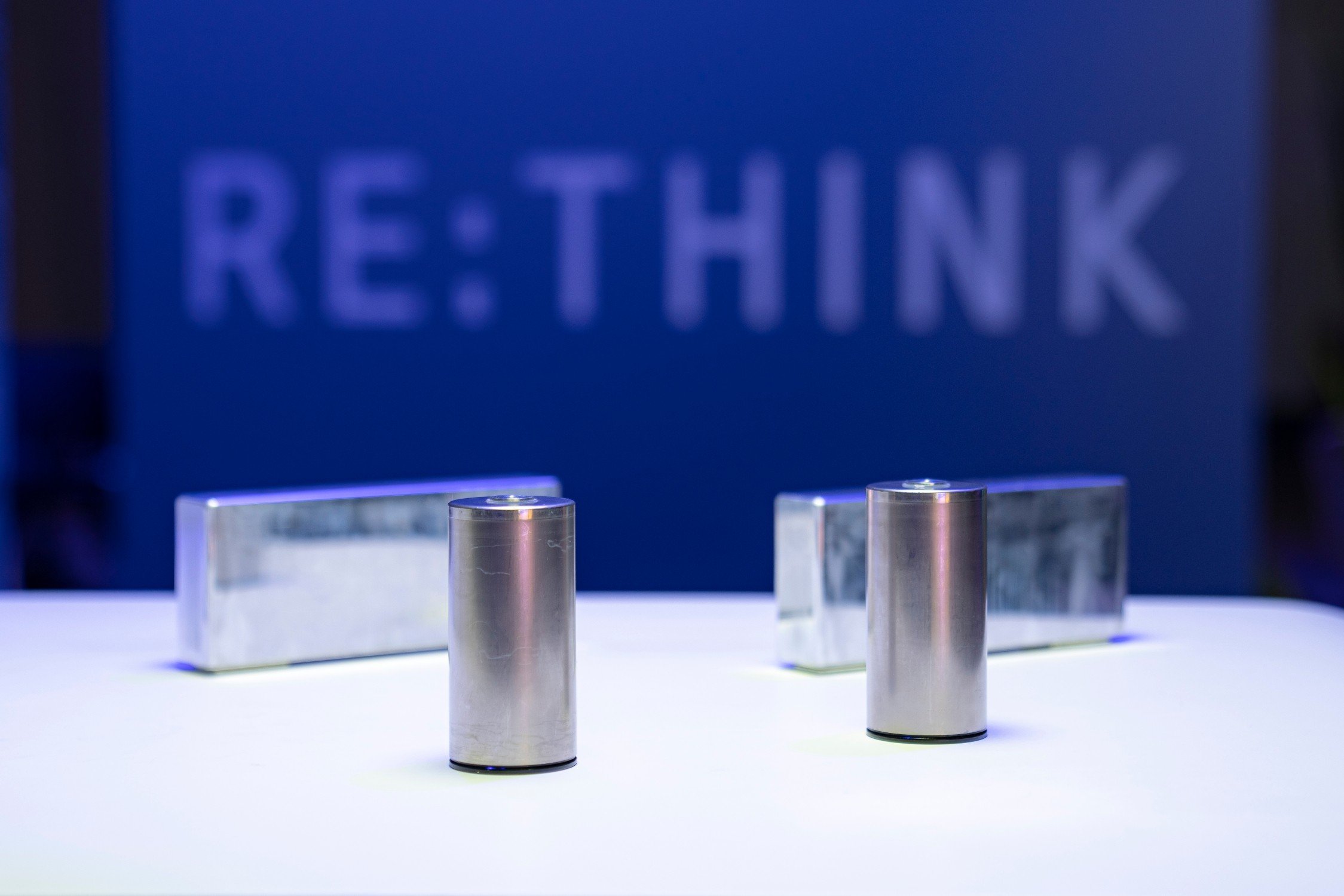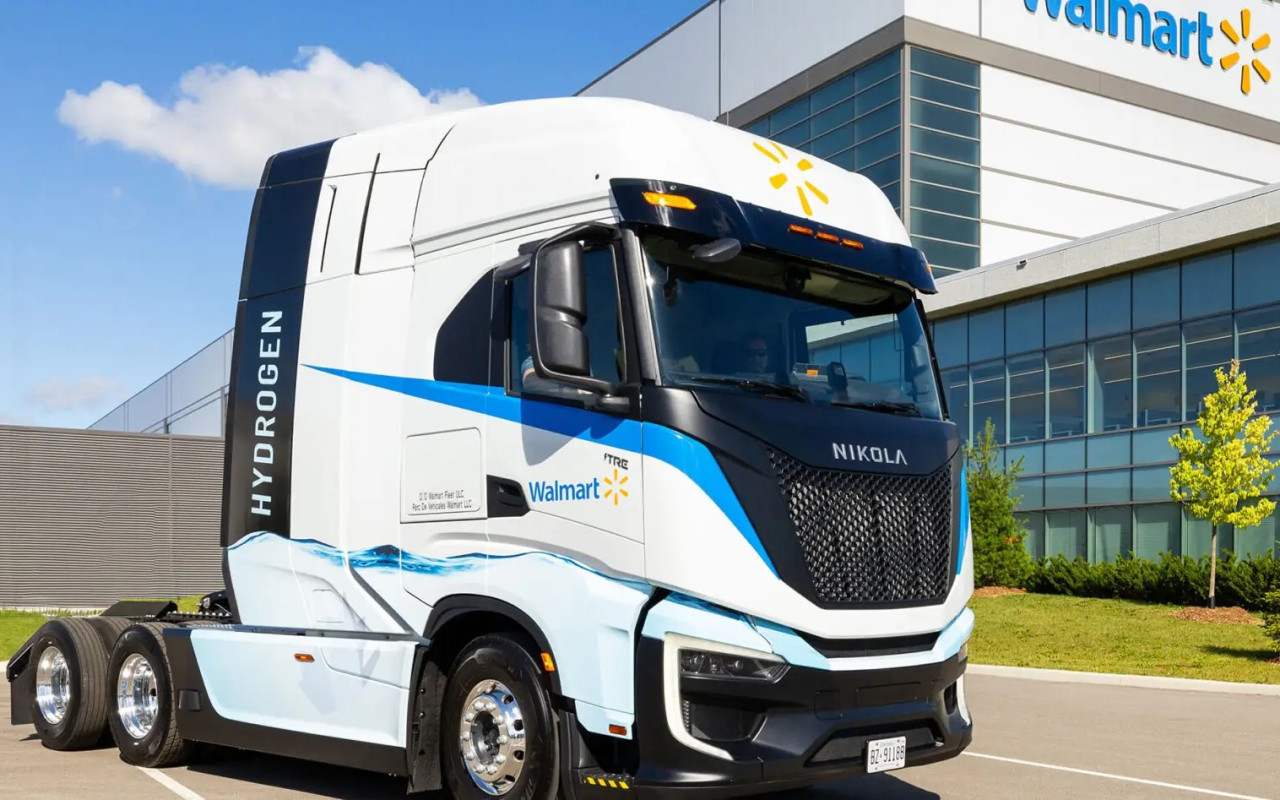BMW to use round battery cells from 2025, plans for six 20 GWh giga factories
German automaker BMW has announced a 'new era of e-mobility' from 2025 with the models of its 'NEUE KLASSE' EV architecture, using newly-developed round battery cells adapted for the brand's EVs for the first time.
The BMW Group claims to have already awarded contracts to CATL and EVE Energy in worth tens of billion euros for production of the new battery cells. By leveraging the comprehensive in-house expertise of the company's own Battery Cell Competence Centre, BMW could significantly reduce costs for the high-voltage battery, thanks to the new battery cell and its new integration concept, the company adds.
Based on current market assumptions, costs can be reduced by up to 50 percent, compared to the current fifth generation battery cells. The BMW Group has set itself the goal of bringing manufacturing costs for fully-electric models down to the same level as vehicles with state-of-the-art combustion-engine technology.
"The newly-developed sixth generation of our lithium-ion cells will bring a huge leap in technology that will increase energy density by more than 20 percent, improve charging speed by up to 30 percent and enhance range by up to 30 percent," according to Frank Weber, member of the Board of Management of BMW AG responsible for Development. "We are also reducing CO2 emissions from cell production by up to 60 percent. These are big steps for sustainability and customer benefits."
"To meet our long-term needs, we will be building battery cell factories with our partners, each with an annual capacity of up to 20 GWh, at six locations in key markets - two in China, two in Europe and two in USMCA," added Joachim Post, member of the Board of Management of BMW AG responsible for Purchasing and Supplier Network.
He further added, "We have also reached agreement with our partners that they will use a percentage of secondary material for the raw materials lithium, cobalt and nickel, as well as utilising green power for production, to ensure CO2-reduced manufacturing".
The announced battery plants in China and Europe are to be built in partnership with CATL and EVE Energy, while the partners for the remaining two giga factories proposed in North American free trade zone (UMSCA) is yet to be nominated.
As far as the new battery cell technology is concerned, BMW claims that it has fundamentally refined the cell format and cell chemistry. This makes it possible to significantly increase the range of the highest-range model by up to 30 percent, according to WLTP, it adds.
The new BMW round cells come with a standard diameter of 46 millimetres and two different heights. Compared to the prismatic cells of the fifth-generation cell, the nickel content in the sixth-generation BMW round cells is higher on the cathode side, while the cobalt content is reduced. On the anode side, the silicon content will be increased. As a result, the cell's volumetric energy density will improve by more than 20 percent.
To ensure higher levels of sustainability in battery material supply chain, BMW says that the cell manufacturers will use a fair share of cobalt, lithium and nickel from secondary sources already in the loop, in production of battery cells.
Combined with the commitment to use only green power from renewable energies, the group aims to reduce the carbon footprint of battery cell production by up to 60 percent.



















